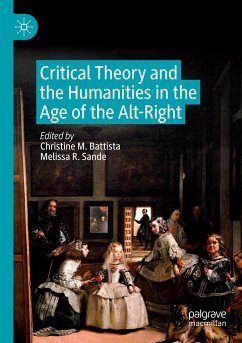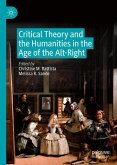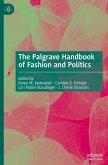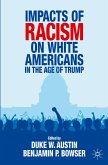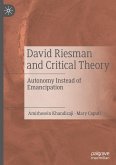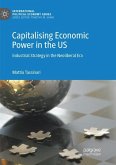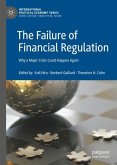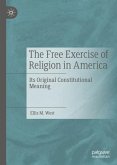This edited collection uses critical theory in order to understand the rise of the Alt-Right and the election of Donald Trump-and, in doing so, to assert the necessity and value of various disciplines within the humanities. While neoliberal mainstream culture has expressed shock at the seemingly expeditious rise of the Alt-Right movement and the outcome of the 2016 United States presidential election, a rich tradition of theory may not only explain the occurrence of this "phenomenon," but may also chart an alternative understanding of the movement, revealing the persistence of right-wing populism throughout the twentieth and twenty-first centuries.
Though the humanities have seen themselves undervalued and under attack in recent years, the historical and cultural contextualization of the current moment via theory is a means of reaffirming the value of the humanities in teaching the ever-important and multifaceted skill of critical literacy. This book re-affirms the humanities, particularly the study of literature, theory, and philosophy, through questions such as how the humanities can help us understand the here and now.
Though the humanities have seen themselves undervalued and under attack in recent years, the historical and cultural contextualization of the current moment via theory is a means of reaffirming the value of the humanities in teaching the ever-important and multifaceted skill of critical literacy. This book re-affirms the humanities, particularly the study of literature, theory, and philosophy, through questions such as how the humanities can help us understand the here and now.

